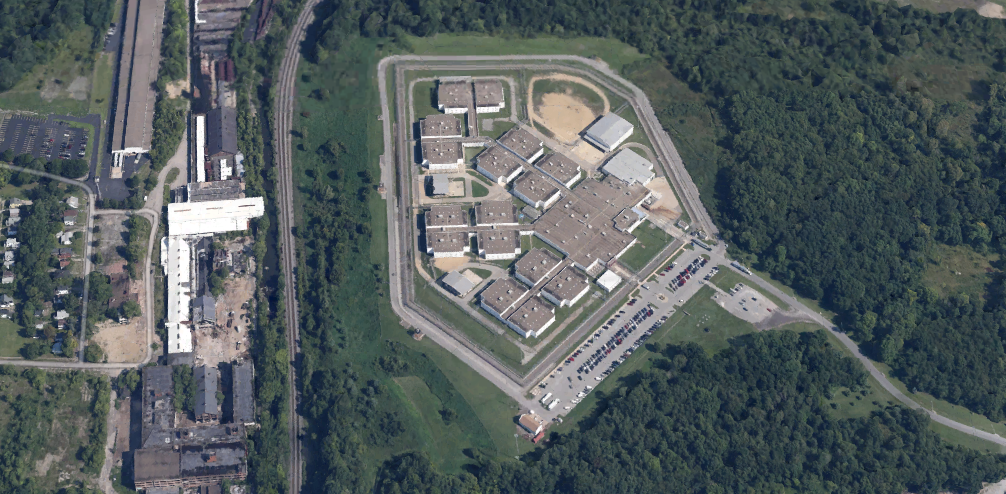I knew Corrections Corporation of America (CCA) had a strong presence in Arizona, but until last night’s Attorney General debate, I didn’t know the extent to which it was involved in this year’s election:
The candidates also sparred over [Republican Mark] Brnovich’s lobbying on behalf of private prisons. [Democrat Felicia] Rotellini cited his efforts to kill legislation that would ban companies from bringing violent criminals into Arizona from other states.
“Mr. Brnovich can’t get around the fact that his judgment was such that for a profit, for his own economic profit, he thought it was better to kill a piece of legislation that would (block) killers, rapists, into the state of Arizona,” she said.
Brnovich defended private prisons, saying they free up state prison construction money for other uses.
“I have spent most of my career putting people in prison, and yes I’ve worked for the Corrections Corporation of American to keep people there,” he said. This isn’t a partisan issue. Both Democratic and Republican governors have used private prisons in order to incarcerate individuals.”
He attacked Rotellini for taking contributions from Dennis DeConcini, who was on Corrections Corporations’ board until May.
“She’s comfortable taking money from the private prisons but now she wants to criticize Arizona for using them,” he said.
“That’s making a big assumption, that simply because I get a contribution from somebody that means I’m somehow going to be beholden to them,” Rotellini said while noting that she has thousands of contributors.
You can watch the debate from Arizona’s PBS affiliate. Continue reading





